Text
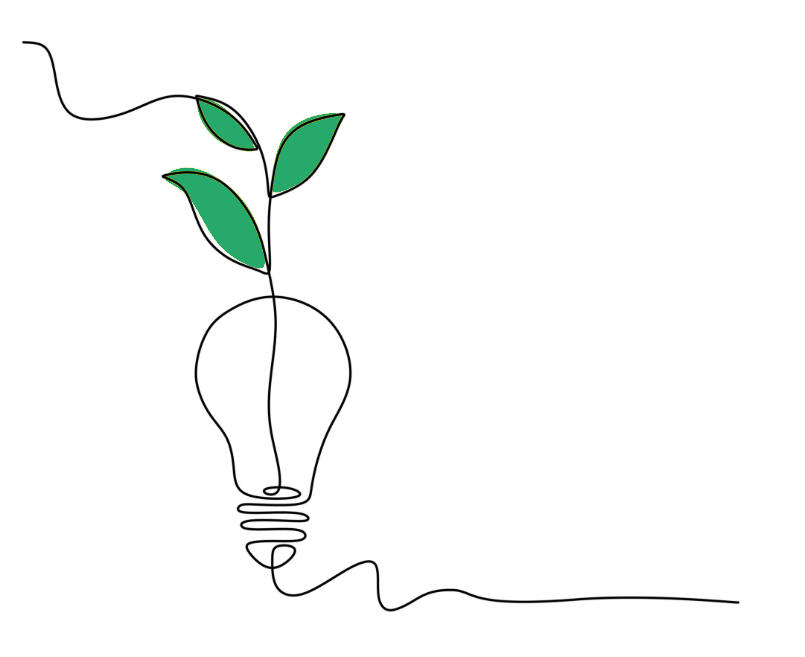
Recovery Oriented Change Initiative
Programs designed to support mental health organizations in Texas! The application period has ended, but another round of The Learning Network will be offered in the future.The Recovery Exchange (TREx) is an 18-month learning collaborative, designed for agency teams that are ready to plan and implement recovery-oriented change projects, offering both virtual and in-person activities.The Learning Network (TLN) is an 8-month online, live learning series, available to any staff members (or groups) interested in better understanding how to provide human-focused, recovery-oriented care.
The Recovery
Exchange (TREx)
TREx-participating teams will pursue specific, recovery-oriented change efforts with consultation and training support over the 18-month period.Organizations choose projects that involve such changes as:
- Improving service planning to be driven by people's quality of life goals and identity beyond the mental health condition
- Peer Support Services Program Development (e.g., supervision, hiring and recruitment, job descriptions), or
- Building capacity to facilitate Wellness Recovery Action Planning.Activities include: at least one site visit by program consultants, monthly team calls, and numerous online learning session opportunities.
The Learning
Network (TLN)
TLN is an 8-month learning series for organizations to increase their knowledge and familiarity with recovery-oriented, human-focused mental healthcare.Each month, participants will take part in a 1.5 hour learning session online. Topics will include introductions to:
- Recovery-Oriented Care
- Human-Centered Service Planning
- Peer Support Services
- Staff Wellness/ Retention, and
- Implementing Change.We recommend participants take advantage of the Learning Network as an organizational team, but this is not a requirement.
The Recovery Exchange (TREx)

The Recovery Exchange is an 18-month, intensive learning collaborative, designed for clinical mental health organizational teams ready to plan and implement recovery-oriented change projects. Organizations may choose to pursue projects that involve such changes as improving service planning, Peer Support Services Program Development (e.g., supervision, hiring and recruitment, job descriptions), or building capacity to facilitate Wellness Recovery Action Planning (WRAPⓇ). Participating teams will pursue specific, recovery-oriented change projects with consultation and training support.
General Project Documents
DUE END OF SEPTEMBER: Project Plan Template .doc or .pdf
DUE END OF OCTOBER: Team Reflection & Program Evaluation Survey and Supplemental Handout in .doc or .pdf (internal to help complete the survey- does not need to be turned in)
TREx Calendar of Events & Related Materials
| Date | Topic | Materials |
|---|---|---|
| COMPLETED August 11th | Peer Services Documentation Training for Supervisors | Slide Deck Handouts |
| COMPLETED August 18th | Peer Services Documentation Training for Programs that Bill Medicaid | Slide Deck Handouts |
| COMPLETED September 4th 1:00-2:00pm CT* | Wrap II (Facilitator Training) Info Session | Session recording Slide Deck |
| COMPLETED September 11th & 12th 9:00am-12:30pm CT | Cohort Gathering | Slide Deck Day 1 Recording Day 2 Recording Scenario Exercise Ripple of Influence Worksheet (.doc) Ripple of Influence Worksheet (.pdf) |
| COMPLETED September 17th-19th 9:00am-4:00pm CT | WRAP I Virtual Training | Materials shared directly with participants |
| COMPLETED September 22nd 1:00-4:00pm CT | Peer Services Documentation Training for State Hospitals and Programs that Don't Bill Medicaid | Slide Deck Handouts |
| COMPLETED September 26th 12:00-1:00pm CT | Supervision Consultation Session on Hiring, Pt 2 | Materials shared directly with participants |
| REGISTRATION CLOSED October 20th-24th | In-Person WRAPⓇ II Facilitator Training for Community-Based Facilitators Austin, TX | Info and materials to be shared directly with participants |
| COMPLETED December 5th 12:00-1:00pm CT | Supervision Consultation: Supporting Peer Specialists Through Supervision and Connection | |
| COMPLETED December 19th 9:00-10:00am CT | WRAPⓇ Facilitator Round-Up For WRAPⓇ certified failitators | |
| January 30th 12:00-1:00pm CT | Supervision Consultation: Supporting Peer Specialists Through Supervision and Connection For Peer Specialist Supervisors Link to join the meeting | |
| SESSION FULL February 9-11th 8:30am-5pm CT each day | In-Person WRAPⓇ II Facilitator Training ASH Campus in Austin, TX Session full, but you can apply to be on the wailist or an another future spring session! |
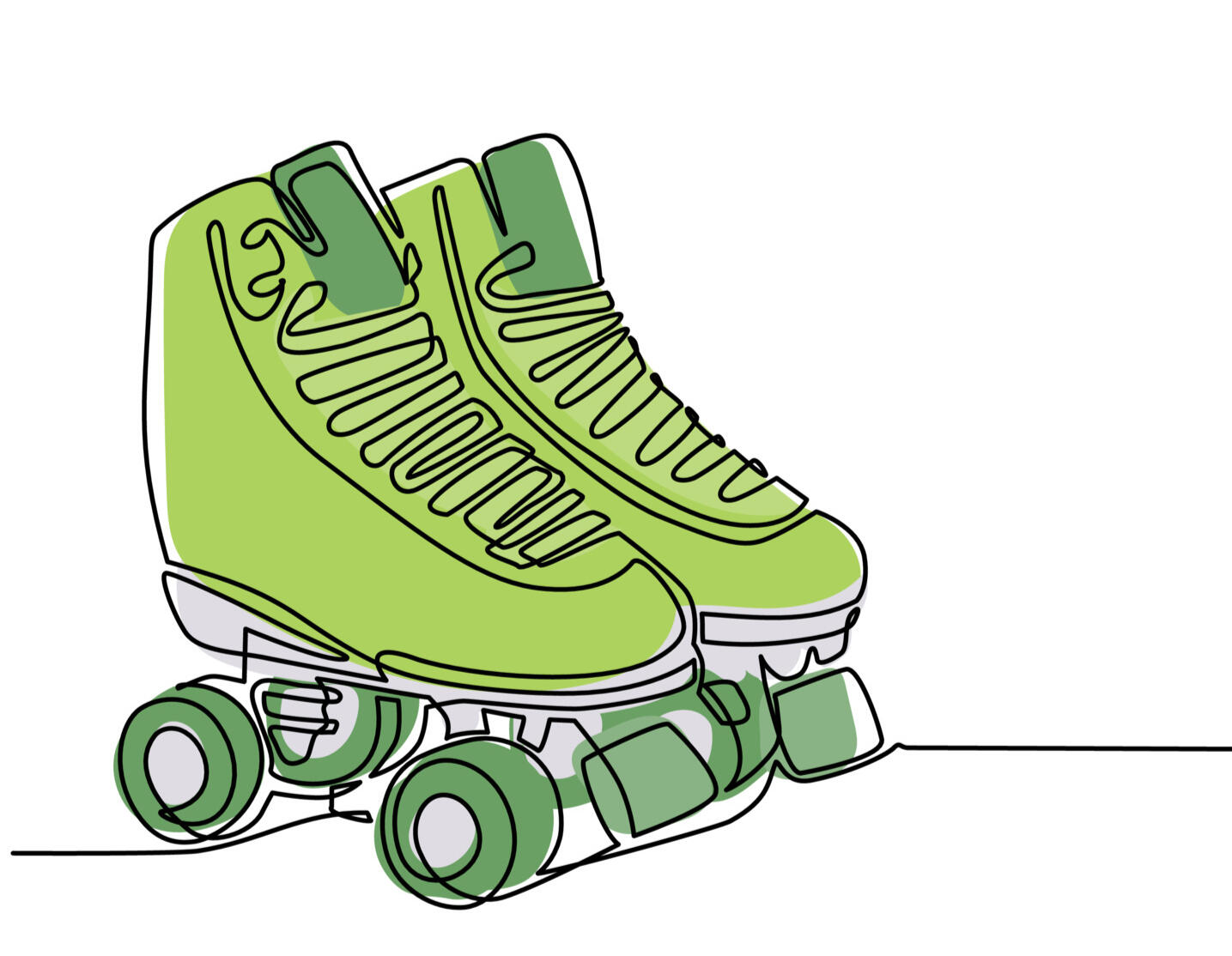
The Learning Network
The Learning Network is an 8-month learning series for organizations to increase their knowledge and familiarity with recovery-oriented, person-centered mental healthcare. Each month, participants will take part in a 1.5 hour learning session online. See the list of dates and topics below.
| Date | Topic |
|---|---|
| March 7th | Orientation and Introduction to Recovery-Oriented Care |
| April 4th | Peer Support Services Part 1 - Beyond Support: Peers as Innovators in Mental Health |
| May 2nd | Peer Support Services Part 2 - Beyond Blueprints: Implementing & Sustaining Peer Support |
| June 6th | Human-Centered Service Planning Part 1 - Beyond Services: Centering Community Life and Natural Supports in Person-Centered Recovery Planning |
| July 11th | Postponed due to Kerrville Floods |
| August 1st (new date) | Human-Centered Service Planning Part 2 - When Realities Don’t Match: PCRP Strategies for Effectively Supporting People Experiencing Psychosis |
| September 5th | Staff Wellness Part 1 |
| October 3rd | Staff Wellness Part 2 |
| November 7th | Implementing Change |
Meet the Team
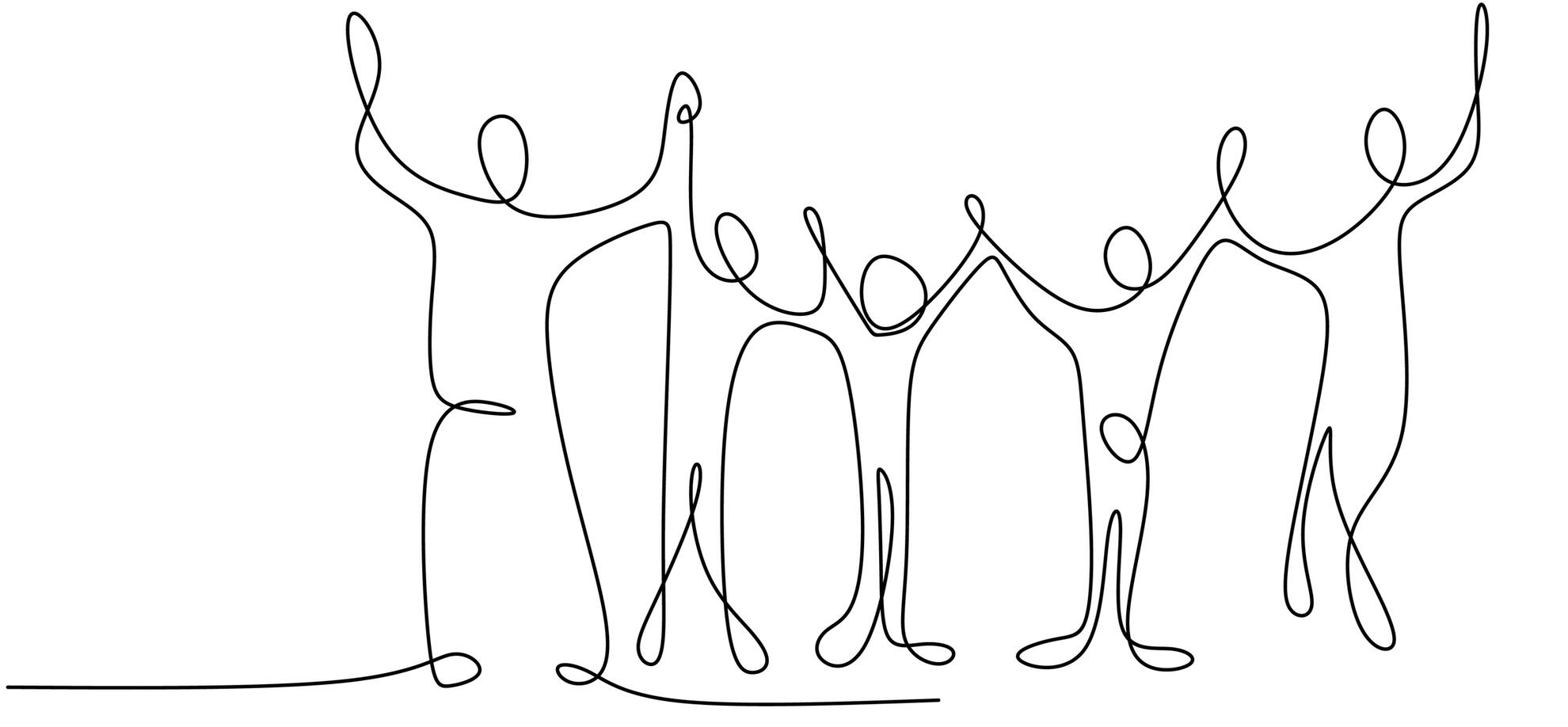
Amanda Bowman, LCSW, PSS (she/her)
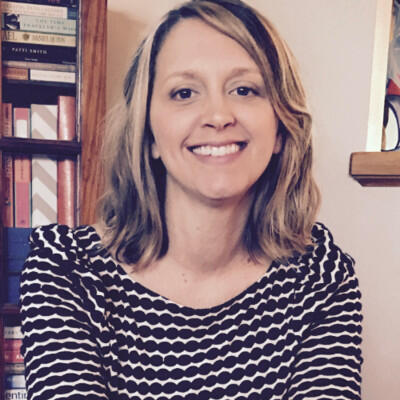
As a clinical social worker using her lived experience with mental health challenges to promote a more recovery-oriented culture of behavioral health service delivery and human-centered practices, Amanda acts as a unique complement and partner to national peer specialist experts, like Amy Pierce. This intentional clinician/ peer specialist partnership models the kind of mutually beneficial professional relationships that are happening throughout clinical agencies with peer support staff who are integrated among multi-disciplinary teams and continue to occupy their intended non-clinical, professional roles. Amanda is recognized as a national expert in an approach to service planning that is human-centered and driven by the person's quality-of-life goals and identity beyond their mental health condition. In these programs, Amanda will serve as a facilitator, trainer, and consultant by drawing on her field experience in the Texas behavioral health system. Amanda is also a WRAPⓇ facilitator.Amanda is the owner of Sidecar Consulting, and previously served as the Recovery Institute Director at Via Hope. She worked as a clinician, supervisor, and program administrator during her 13 years at Austin State Hospital. She has called Austin home since moving there in 2000 to attend University of Texas for her Masters in Social Work.
Amy Pierce, MHPS, PSS, ALF (she/her)
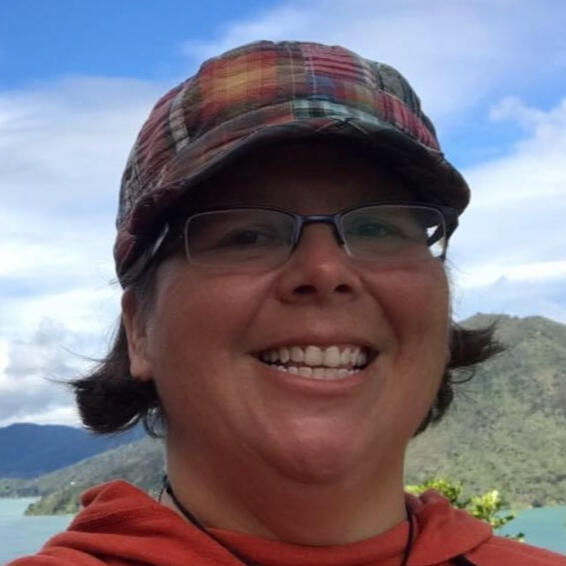
Amy’s level of subject matter expertise is unparalleled in Texas. She has been working in the Peer Movement in our State for nearly two decades, having started the first peer support program in the state hospitals and one of the first people certified to deliver peer support in Texas. Now, as an accomplished resource on the implementation of peer services and other recovery-oriented practices, she routinely delivers training and consultative support to both peer and clinical field-based professionals who are working to better understand the peer specialist role and improve the quality of behavioral health service programs. Amy understands and can support others about the complexities related to occupying a formal leadership position as a peer specialist, having worked as the program coordinator for a transitional peer residential housing project and a supervisor for other peer workers at an LMHA.Currently, Amy serves in the role of Technical Assistance Strategy Advisor at Achara Consulting. Prior to that, she worked as the Recovery Institute Deputy Director at Via Hope, where she led learning collaboratives that focused on peer services, supervision, and recovery-oriented programs. She has been the CEO of Resiliency Unleashed, an international training and consulting company, gaining a deep understanding of change dynamics across systems and around the globe. Amy is also a time-honored Advanced Level WRAPⓇ facilitator, able to provide Seminar II “trainings for trainers” and coach people new to facilitating WRAPⓇ. Amy also provides a highly impactful rights-oriented perspective in her consultative work, having served as the Chair of the PAIMI Council in Texas and currently on the Disability Rights Texas Board of Directors.
Anna Jackson, MSSW (she/her)
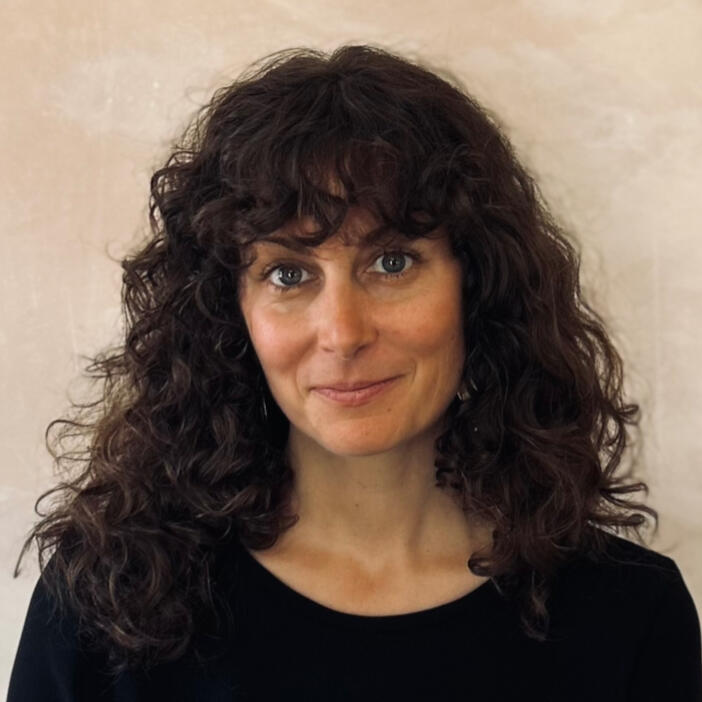
Anna is a consultant specializing in participatory approaches to leading change, strategy development, and implementing recovery-oriented, person-centered practices. Before founding Alpinista Consulting in 2014, Anna served as Deputy Director of Via Hope, designing and managing the Recovery Institute and other collaborative learning initiatives that integrate implementation science and participatory change methods, helping organizational teams work with complexity while implementing practices like peer support and human-centered service planning. In recent years, she has continued to consult on program design and evaluation for a variety of recovery-focused learning collaboratives.She is also a Demystifying Peer Support trainer, and has had a leadership role in initiatives with a variety of organizations focused on promoting mental health in communities across Texas. These include the Episcopal Health Foundation Congregational Engagement Learning Network to Promote Mental Health (2018 to present); Hogg Foundation Advancing Recovery in Texas Learning Network (2016-2019); and St. David’s Foundation Libraries for Health with RAND and Via Hope (2022-2023). Anna has particular expertise in, and teaching others to, use participatory methods within complex systems change. She has worked with people all over the world and across domains as they learn participatory action research and facilitative methods and will bring these approaches to these programs.
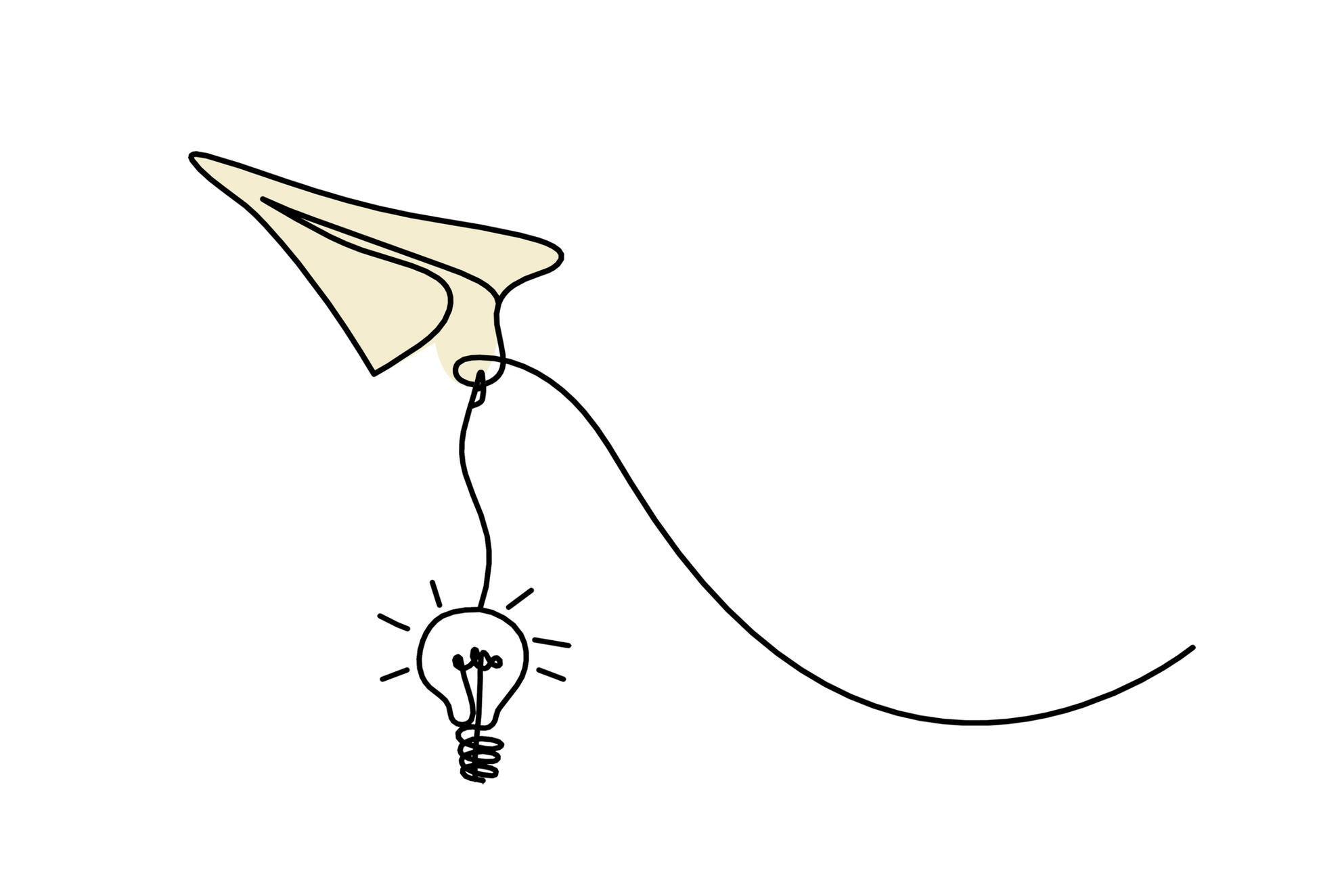
CONTACT
US
Sign up here to get notifications about program details, announcements of new content on this page, and ask questions about how these programs can meet your needs.
Wellness Recovery Action Plan (WRAP®)
What is WRAP®?
Wellness Recovery Action Planning® (WRAP®) is a process that anyone can use to get well, stay well, and make their life the way they want it to be. Rooted in the principle of self-determination, WRAP® is an effective, evidence-based tool for personal wellness and discovery.Certified WRAP® Facilitators work within groups to guide people in developing their own WRAP® plan. While this tool can be used by anyone who wants to make a positive change in the way they feel and react to life, it often has a specific focus such as managing mental health or substance use challenges or re-entering society following incarceration.
Get a sense of what you’ll experience in a WRAP® Seminar I by watching the video linked below:
WRAP® and Staff Wellness
WRAP® Seminar I invites participants to examine ways to better focus on their well being in this trauma-exposed workplace, but attendees have the freedom to choose any area of their life they wish to focus on (overall well being, upcoming event, etc.). This kind of offering goes beyond typical employee wellness programs and, as the result of the informal but nature of WRAP® sessions, can foster a deeper level of peer-based connection and support among staff working in environments where compassion fatigue, burnout and secondary trauma are common. By offering WRAP® agencies can boost overall work performance and productivity, along with staff retention.
Using WRAP®a Professional Role: WRAP®Facilitator Training for Trainers
Staff who are interested in using WRAP® in their professional work can become certified as a WRAP® facilitator by attending a 3 or 5-day Seminar II (see below for upcoming dates for TREx community specific opportunities). Completing your own WRAP® by attending a Seminar I serves as the prerequisite for the Seminar II TOT. When possible, participants in The Recovery Exchange (TREx) program, will be able to send people to Seminar II free of charge (valued at over $1,000). While participants will create their own WRAP® in the workshop, facilitators often provide WRAP® using an 8-week group format.
WRAP®: Its Use and Who Should Facilitate
| Date | Topic |
|---|---|
| COMPLETED February 9th-11th, 2026 | In-Person WRAPⓇ II Facilitator Training for State Hospitals Austin, TX Info Session recording and Slide Deck |
| SESSION FULL February 9-11th 8:30am-5pm CT each day | In-Person WRAPⓇ II Facilitator Training ASH Campus in Austin, TX Session full, but you can apply to be on the wailist or an another future spring session! |
WRAP® FAQs
Is this mandatory?Nope. Just an opportunity to focus on your own wellness on work time.Will I be expected to share in the group?Absolutely not. There will be lots of group conversation, individuals sometimes prefer to experience the workshop silently, working solo in the WRAP® workbook.What exactly do I get out of this?We can’t guarantee what it’ll do for you personally, but here are some of the things people have stated they got out of it:
- Free lunch both days & lots of snacks
- The opportunity to hear from others about what wellness, challenges, and strategies they experience
- A sense of community with the group
- Learning specific strategies for how to guide people to explore their own wellness journey (providing a structure without giving advice or directives)
- Meeting the prerequisite for becoming a WRAP® facilitatorWhat makes WRAP® unique from any other type of “recovery planning?”WRAP® isn't about assessment, treatment, or professional service planning. The approach and process is built upon the belief that the individual knows what’s best for them. By organizing that knowledge into a plan – or set of actions according to the circumstances (when things are going well, when things are breaking down, a time of crisis, post-crisis planning), anyone can improve their wellbeing.